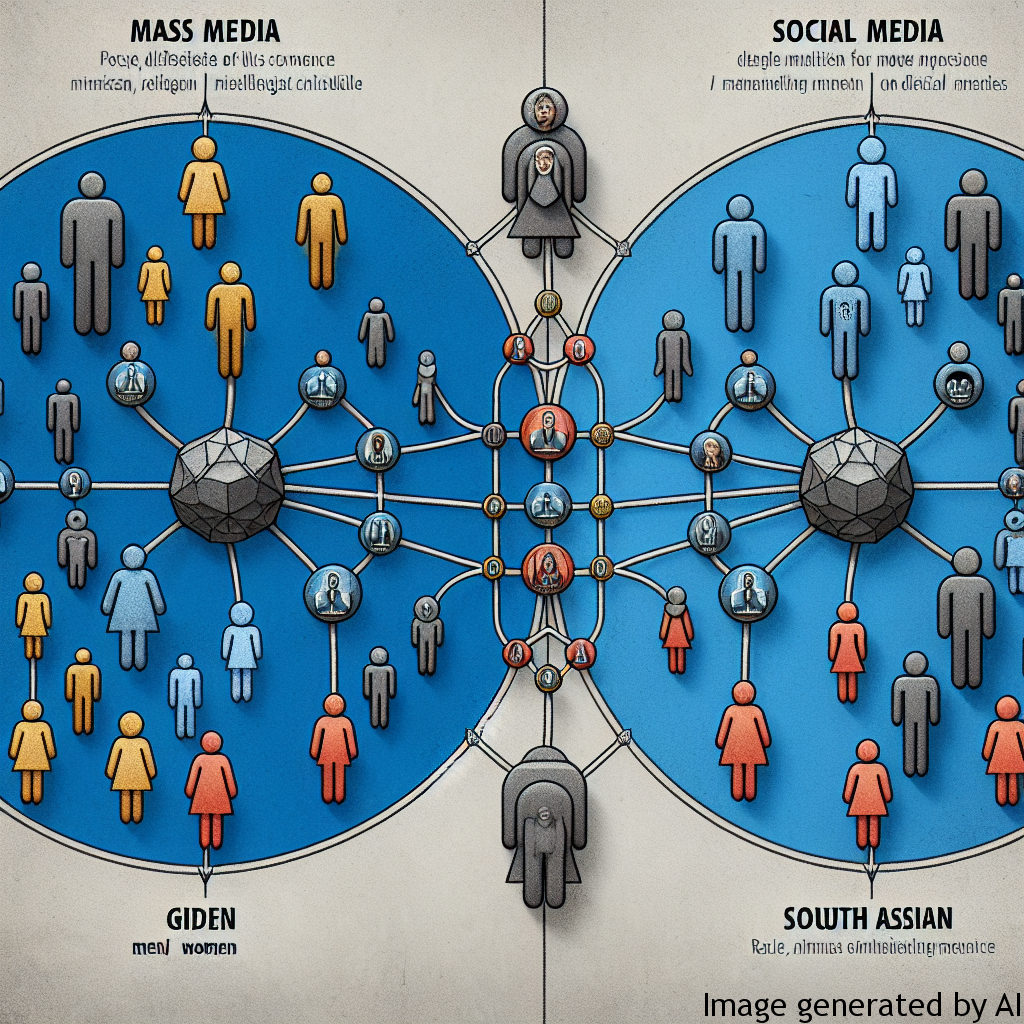Introduction
The past decade has seen an expansion in the use of social media and mass media, and the influence they wield over societal norms is substantial. These channels have the power to shape our understanding of various aspects of life, including gender roles and sexuality. While they offer a platform for expression and conversation on these topics, they also contribute to the reinforcing and perpetuating of stereotypical images and expectations. This article delves into the implication of this phenomenon on the libido of individuals, specifically men.
Gender Expectations and Their Impact on Men’s Psychological Health
Mass media often propagate traditional gender roles, defining how we perceive masculinity and femininity. Modern society expects men to be strong, emotionless, assertive, and sexually dominant. Media reinforces these expectations, which can lead to psychological stress if men struggle to conform.
The Pressure to Conform
The influence of media can create pressure on men to fit into the conventional ideas of masculinity. This pressure can lead to detrimental effects on their psychological health, including stress, anxiety, depression and negatively affect their self-esteem and body image.
Impact on Libido
Libido, or sexual drive, is influenced by psychological well-being. The pressure to adhere to societal norms around masculinity can cause sexual performance issues. Low self-esteem or feeling inadequate can dampen a man’s libido, and the fear of not living up to these expectations can lead to sexual dysfunction.
Examples of How Gender Roles Can Impact Men’s Lives
Gender roles affect men’s lives in numerous ways. They contribute to the idea that men shouldn’t express their feelings, which can lead to inner turmoil and an inability to communicate effectively. In terms of libido, men are often expected to be always ready for sex, pushing them to suppress their true feelings or overstate their sexual desires.
Tips for Improving Psychological Health, Taking Gender Roles into Consideration
Recognizing and rejecting stereotypical gender roles can lead to improved psychological health and a healthier libido. Sharing emotions and feelings, fostering open conversations about sexual desires and expectations can assist in reducing stress and improving self-esteem.
Conclusion
In a world increasingly influenced by social and mass media, it’s essential to understand the impact these channels have on our perceptions of gender roles and sexuality. While they provide opportunities for dialogue and change, they also uphold conventional gender roles, putting pressure on individuals to conform. Recognizing these roles’ restrictive nature and their impact on mental health and libido, particularly in men, is crucial to fostering healthier and more equal societies.

